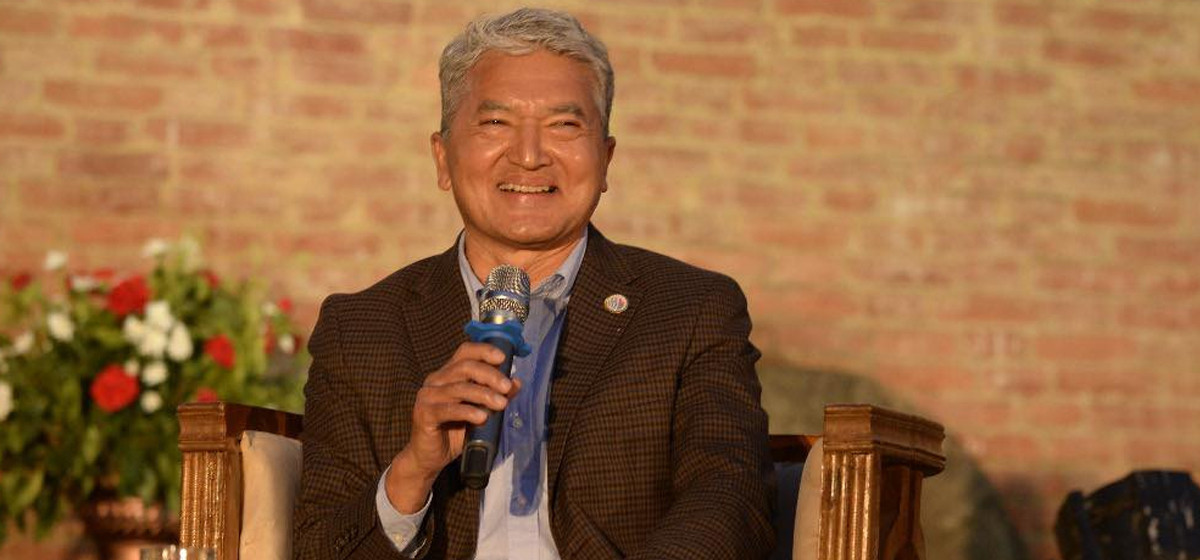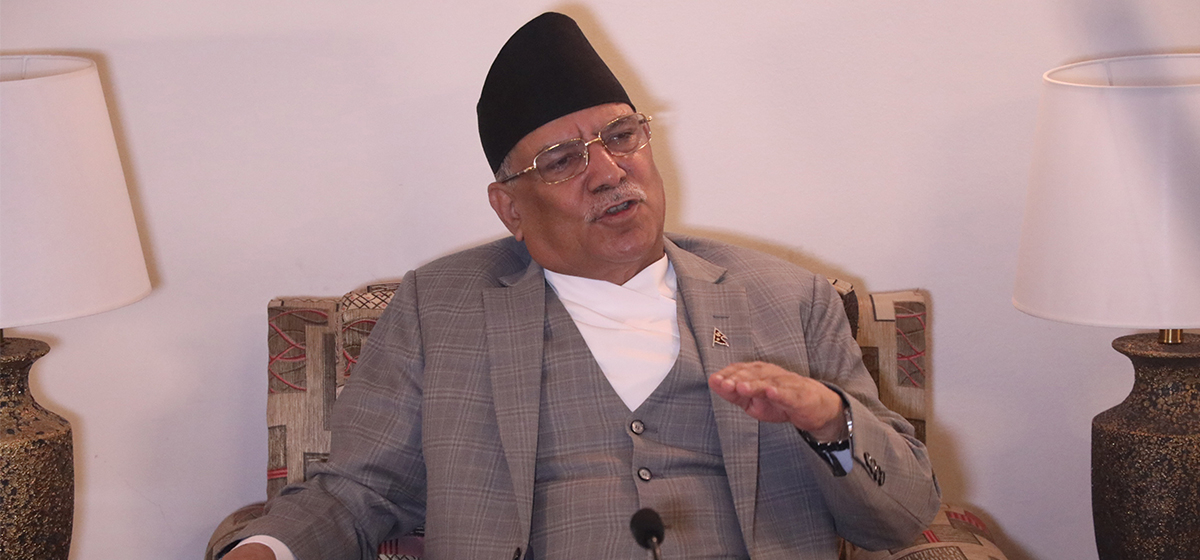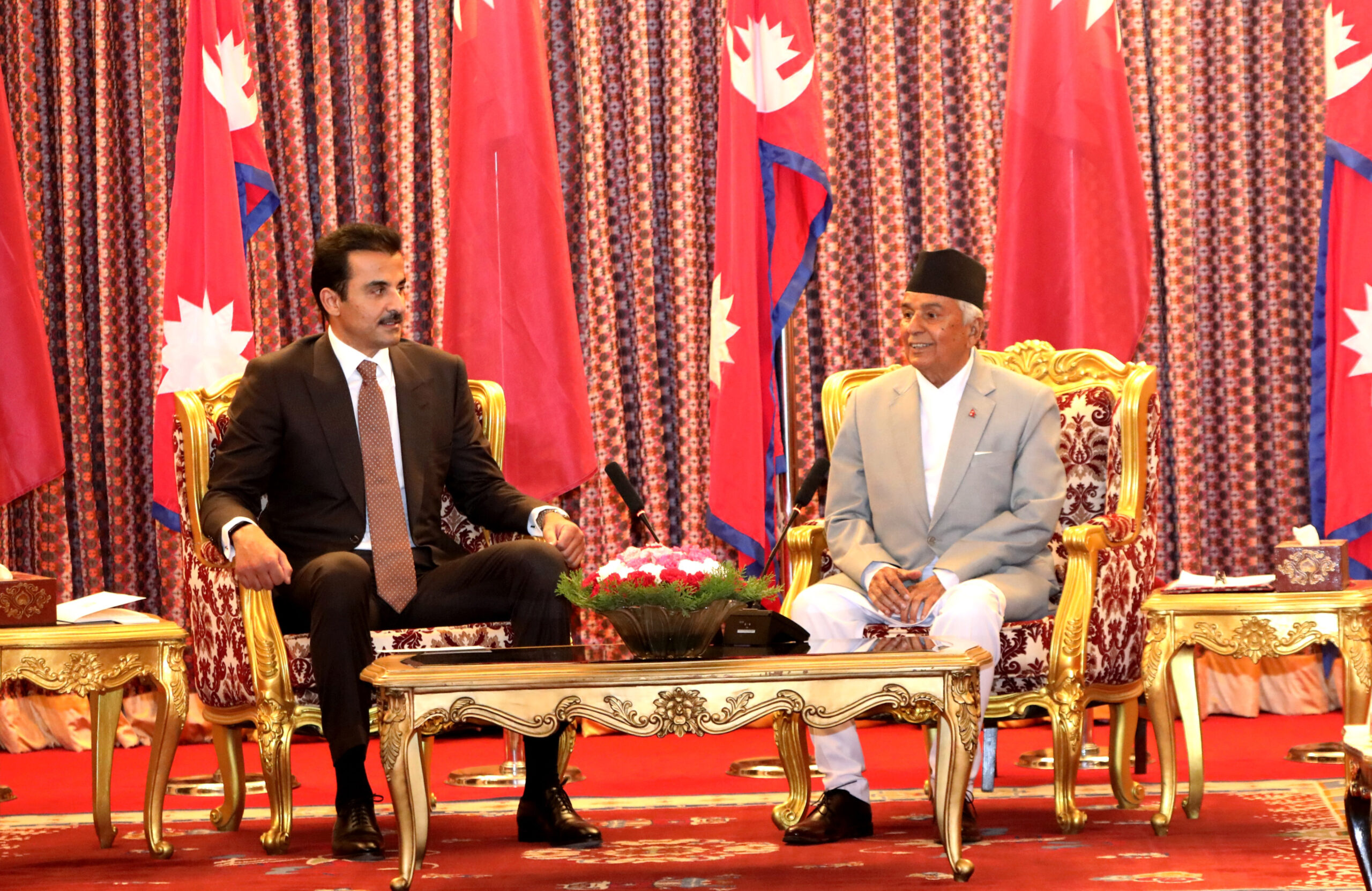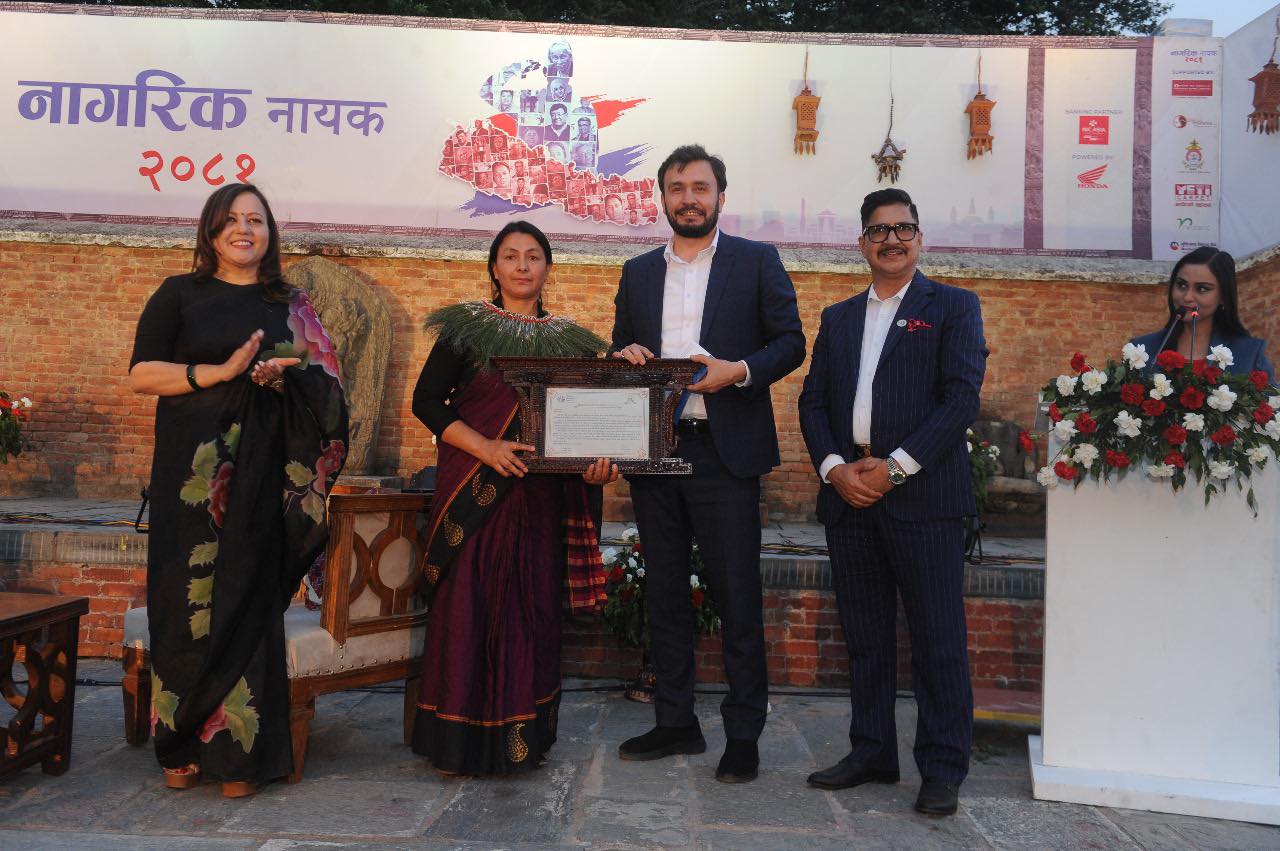
OR
Cabinet expansion
The Election Commission must speak up against the anomalous expansion of the size of the Pushpa Kamal Dahal cabinet. The number of deputy prime ministers alone has reached three after the induction of RPP’s Kamal Thapa to the post. Soon, there might be a fourth deputy prime minster if current negotiations to include Bijaya Kumar Gachachadar in the government bear fruit. These cabinet expansions are in clear violation of the election code of conduct that has been enforced in the lead up to the scheduled local election on May 14. If even mid-ranking bureaucrats cannot be transferred without the consent of the commission in this interim period, for the fear that it might affect election results, how can the ruling coalition expand the cabinet size, with its far wider ramifications in government functioning? And why is the commission mum against such blatant violation of election code of conduct? There are already questions regarding the commission’s impartiality after it decided to impose the code of conduct a week after the declaration of local election. During the week CDOs and senior police officers were recklessly transferred.
Since the Election Commission has all the plenipotentiary authority on such government transfers and appointments while the election code of conduct is in force, it is up to the commission to justify why it allowed PM Dahal to rejig his cabinet. But this is not just an issue of electoral ethics. The new constitution unambiguously says that the size of the cabinet cannot exceed 25; the Dahal government will soon have nearly double the number. It is also clear that the prime minister is trying to lure smaller parties into his coalition so that he can muster the two-thirds parliamentary majority needed to amend the constitution. Both support and opposition to the constitution amendment bill should be a matter of principle. But what we get to see is that political parties are ready to trade away their principles for lucrative cabinet portfolios. Such debasing of national polity will only add to the public skepticism of democratic parties, which is already dangerously high. The wanton government expansions and random allocation of ministries is also a wasteful way to spend taxpayer money.
We understand that in Nepal’s power-centric political culture, and given the fractured nature of Nepali polity, running a government is no easy task. The prime minister has to please many disparate interest groups just to hold his coalition intact, forget undertaking vital development works, or working to make the government clean and efficient. But this is where the statesmanship of senior leaders like Pushpa Kamal Dahal and Sher Bahadur Deuba is tested. They should have the guts to go against the tide and to stamp their authority when needed. So far Dahal has seemed to be an ineffectual leader, liable to being pushed and pulled from all the sides. Meanwhile, the Election Commission, instead of holding the government to account for its controversial decisions, seems happy to stand by and watch the drama from the sidelines. Both the commission and PM Dahal are failing in their duties.
You May Like This

Not without reform
Finance Minister Muhammad Aurangzeb says that the economy has the potential to grow 10 times its size to $3tr for... Read More...

Threats, attacks on journalists must stop
Yet another journalist has become a victim of violence and intimidation, reinforcing the fact that the authorities are still failing... Read More...

Put amendment of laws in priority to make Investment Summit a success
Despite the private sector's recommendations to amend about two dozen laws to promote both foreign and domestic investment in the... Read More...





Just In
- Nepalgunj ICP handed over to Nepal, to come into operation from May 8
- Nepal to gift two elephants to Qatar during Emir's state visit
- NUP Chair Shrestha: Resham Chaudhary, convicted in Tikapur murder case, ineligible for party membership
- Dr Ram Kantha Makaju Shrestha: A visionary leader transforming healthcare in Nepal
- Let us present practical projects, not 'wish list': PM Dahal
- President Paudel requests Emir of Qatar to initiate release of Bipin Joshi
- Emir of Qatar and President Paudel hold discussions at Sheetal Niwas
- Devi Khadka: The champion of sexual violence victims



_20240423174443.jpg)










Leave A Comment